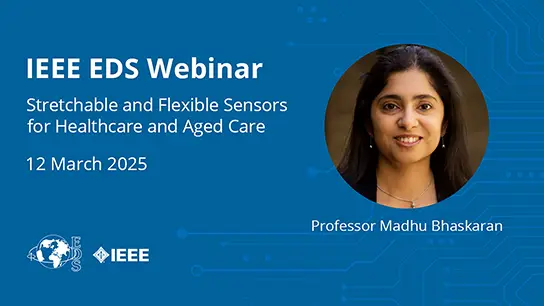Tutorials: Decomposition Multi-Objective Optimization: Current Developments and Future Opportunities
Ke Li
-
Members: FreeCIS
IEEE Members: Free
Non-members: FreeLength: 01:46:37
06 Dec 2021
Evolutionary multi-objective optimization (EMO) has been a major re- search topic in the field of evolutionary computation for many years. It has been generally accepted that combination of evolutionary algorithms and traditional optimization methods should be a next generation multi-objective optimization solver. As the name suggests, the basic idea of the decomposition-based technique is to transform the original complex problem into simplified subproblem(s) so as to facilitate the optimization. Decomposition methods have been well used and studied in traditional multi-objective optimization. MOEA/D decomposes a multi-objective problem into a number of subtasks, and then solves them in a collaborative manner. MOEA/D provides a very natural bridge between multi-objective evo- lutionary algorithms and traditional decomposition methods. It has been a commonly used evolutionary algorithmic framework in recent years.
An outline of the tutorial: Within this tutorial, a comprehensive introduction to MOEA/D will be given and selected research results will be presented in more detail. More specifically, we are going to (i) in- troduce the basic principles of MOEA/D in comparison with other two state-of-the-art EMO frameworks, i.e., Pareto- and indicator-based frameworks; (ii) present a general overview of state-of-the-art MOEA/D variants and their applications; (iii) discuss the future opportunities for possible further developments.
Learning outcomes: The intended audience of this tutorial can be both novices and people familiar with EMO or MOEA/D. In particular, it is self-contained that foundations of multi-objective optimization and the basic working principles of EMO algorithms will be included for those without experience in EMO to learn. Open questions will be posed and highlighted for discussion at the latter session of this tutorial.
An outline of the tutorial: Within this tutorial, a comprehensive introduction to MOEA/D will be given and selected research results will be presented in more detail. More specifically, we are going to (i) in- troduce the basic principles of MOEA/D in comparison with other two state-of-the-art EMO frameworks, i.e., Pareto- and indicator-based frameworks; (ii) present a general overview of state-of-the-art MOEA/D variants and their applications; (iii) discuss the future opportunities for possible further developments.
Learning outcomes: The intended audience of this tutorial can be both novices and people familiar with EMO or MOEA/D. In particular, it is self-contained that foundations of multi-objective optimization and the basic working principles of EMO algorithms will be included for those without experience in EMO to learn. Open questions will be posed and highlighted for discussion at the latter session of this tutorial.


